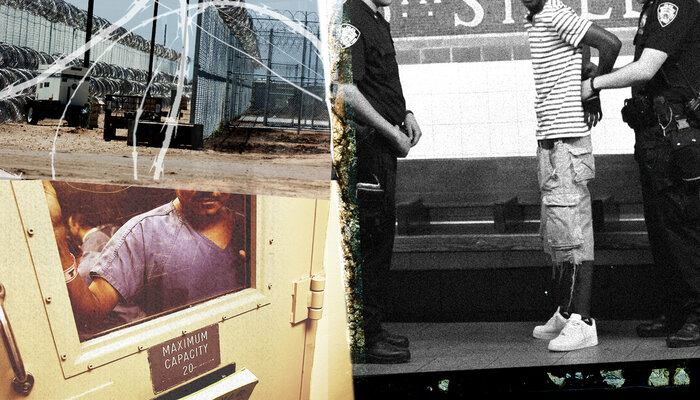Mass incarceration is the civil rights crisis of our time. The United States has less than 5 percent of the world’s population and nearly one-quarter of its prisoners, and the criminal justice system profoundly discriminates against people of color at every juncture.
To start to chip away at mass incarceration, we need to reform our sentencing laws so that we’re only putting behind bars people who need to be there.
Brennan Center for Justice research has shown that nearly 40 percent of U.S. prisoners are incarcerated with little public safety rationale. We advocate replacing prison with drug treatment, probation, or community service for those convicted of lower-level crimes, and new sentencing guidelines that are proportional to the crime committed. These steps would reduce our prison population by more than 500,000 people.
But almost half a million people are in city or county jails without having been convicted of any crime. That’s why we also need to end our use of cash bail — which criminalizes poverty and often leaves people behind bars simply because they’re unable to pay — and require that decisions to detain defendants before trial not be grounded on wealth.













